Rest well Theseus
At 4:02 pm UTC, April 21, teams at Phoenix Command received Theseus’ last communication. The mission was officially declared over just hours later. The lander, which landed on the Moon sideways after a software anomaly on April 11, operated on the surface for a total of 9 days, 21 hours, and 13 minutes. Lunar sunset occurred at 4:16 am UTC on April 20, and Theseus’ batteries provided power for an additional 14 hours. Despite the lander’s suboptimal orientation, it was still able to gather valuable scientific information about the lunar surface, regolith, and solar wind interaction(SWI). Theseus carried with it 8 science instruments and experiments, including 6 NASA-provided payloads, 1 CalTech camera suite, and a pair of Orion Technologies’ in-house manufactured Fox Moon Rovers. All but one payload was able to gather data. The Fox Moon Rovers also set a record for the longest distance driven in a day on the Moon by a robotic vehicle. Fox Rover A and B stoped communicating before and after Theseus did. Fox A shut down 2 hours prior to Theseus LOS, and Fox B halted its communications with Phoenix Command when Theseus did so, as both rovers relayed communications through Theseus. Despite the off-nominal landing, Phoenix OT-1 was a major success for Orion Technologies, proving that we could both land a autonomous vehicle on the Moon, and then drive two tiny rovers, as well as prove our ability to carry and operate government scientific payloads. All in all, the partial failure of Phoenix OT-1 is not going to halt the Phoenix Program, nor will it stop Orion Technologies’ passion for space exploration. Our next Phoenix Lander, OT-2, is set to launch NET May, 2025, carrying our first (larger) Wolf Rover, Dragonfly Lunar Hopper, and the first core drill to the lunar South Pole. This mission will be more ambitious, but will also address the problems that Theseus faced, and hopefully, overcome them. We are going to the Moon, and eventually beyond, and Phoenix is the stepping stone to our future.
-Sincerely, Orion Technologies’ CEO
DARE TO EXPLORE!
GENERAL INFO
- Predecessor: ANNOUNCEMENT: Orion Aerospace Eagle 5 rocket lifts off, explodes over the Atlantic!
- Created On: iOS
- Game Version: 1.3.204.1
- Price: $0k
- Number of Parts: 5
- Dimensions: 0 m x 6 m x 6 m
PERFORMANCE
- Total Delta V: 0m/s
- Total Thrust: 0N
- Engines: 0
- Wet Mass: 13kg
- Dry Mass: 13kg
STAGES
| Stage | Engines | Delta V | Thrust | Burn | Mass |
|---|
4 Comments
- Log in to leave a comment
-
172 OACOTEOC31 minutes ago
@OrionTechnologies Ahem, we would like to now announce that the manager of the MRDU has been fired due to eyesight concerns, he was unable to read the lunar part of the sentence and therefore the company does not trust him to continue with his highly sensitive work.
-
1,613 OrionTechnologies+1 an hour ago
@OACOTEOC, this is a lunar lander, and the drill is only 1m in length. Additionally, it was a ‘partially failed’ mission. Thank you
-
172 OACOTEOC5 hours ago
The core of the Earth is over 6,000 Kelvin, you must have a pretty strong drill. Going back to the news at hand, we give our condolences to this failed mission and wish you luck on the next one. -Department Manager of the Mineral Research and Development Unit

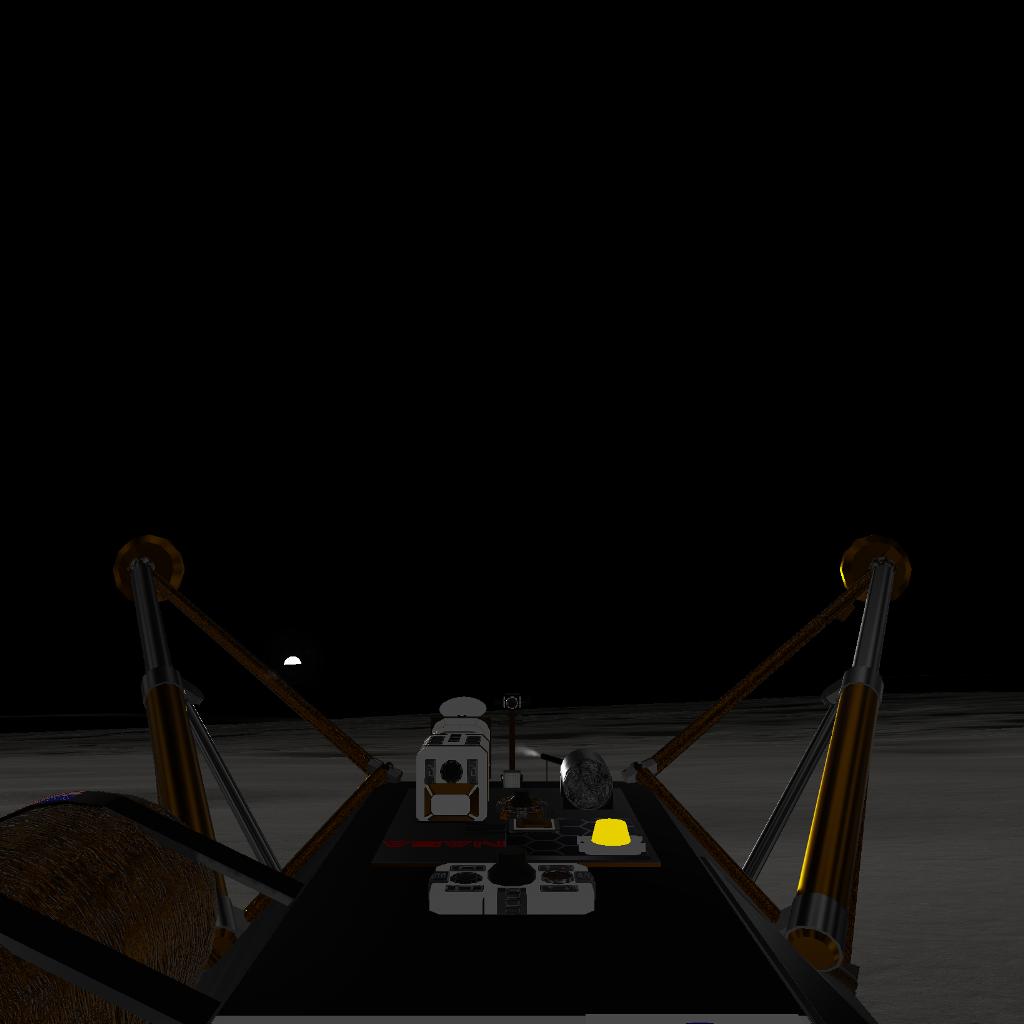
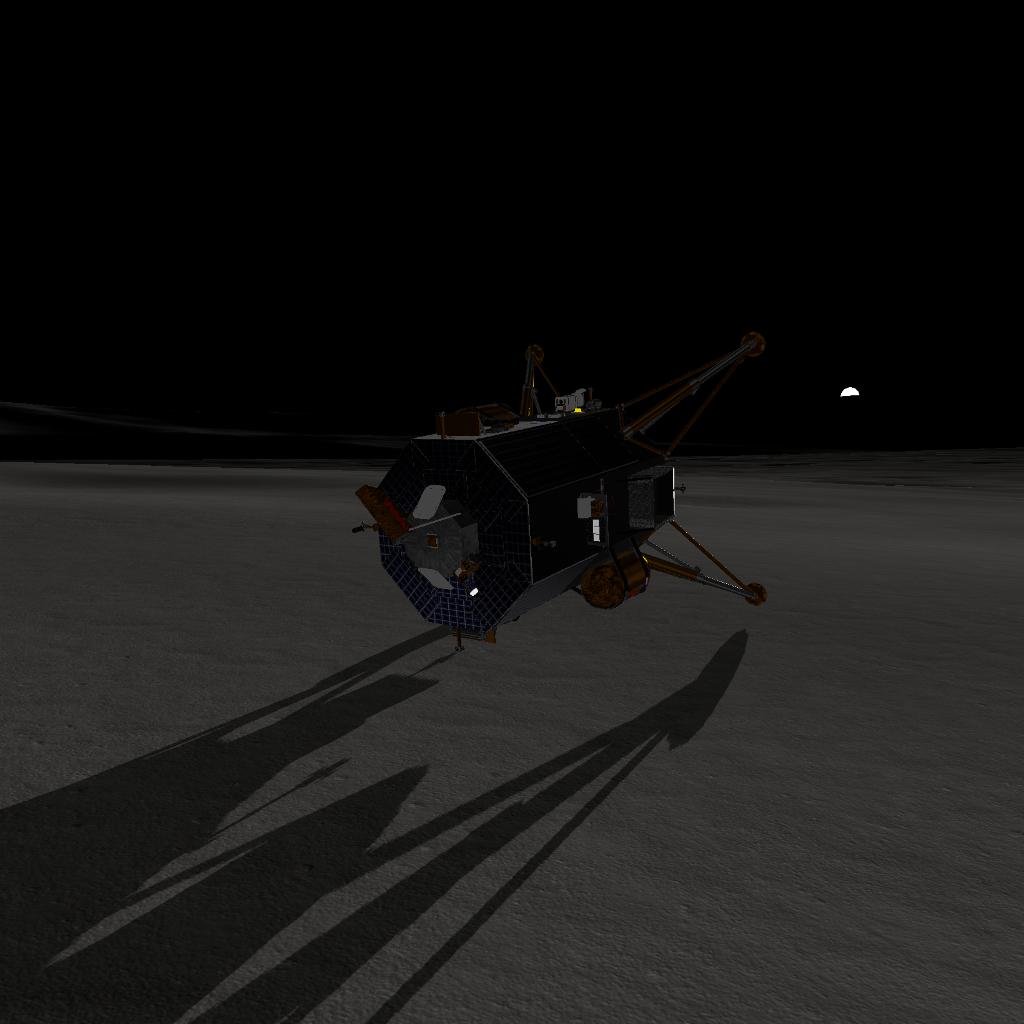
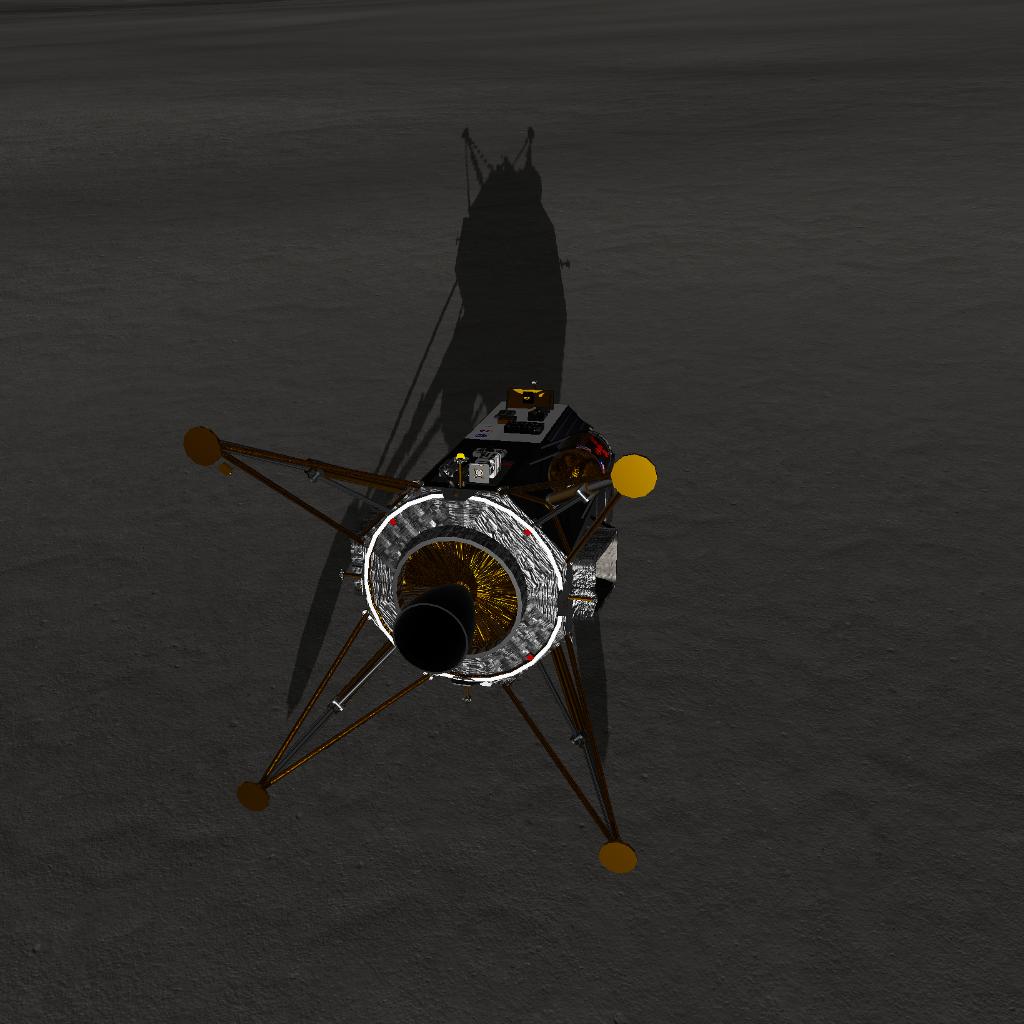
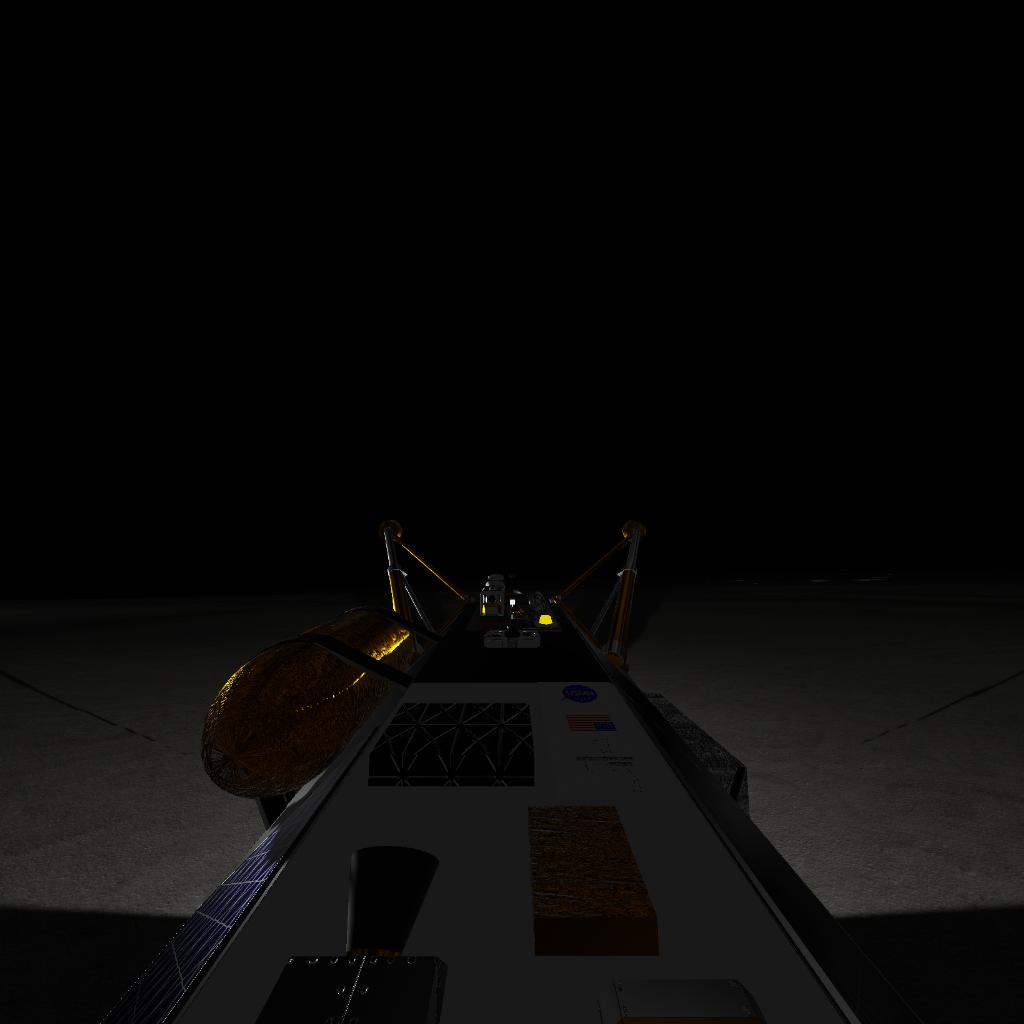
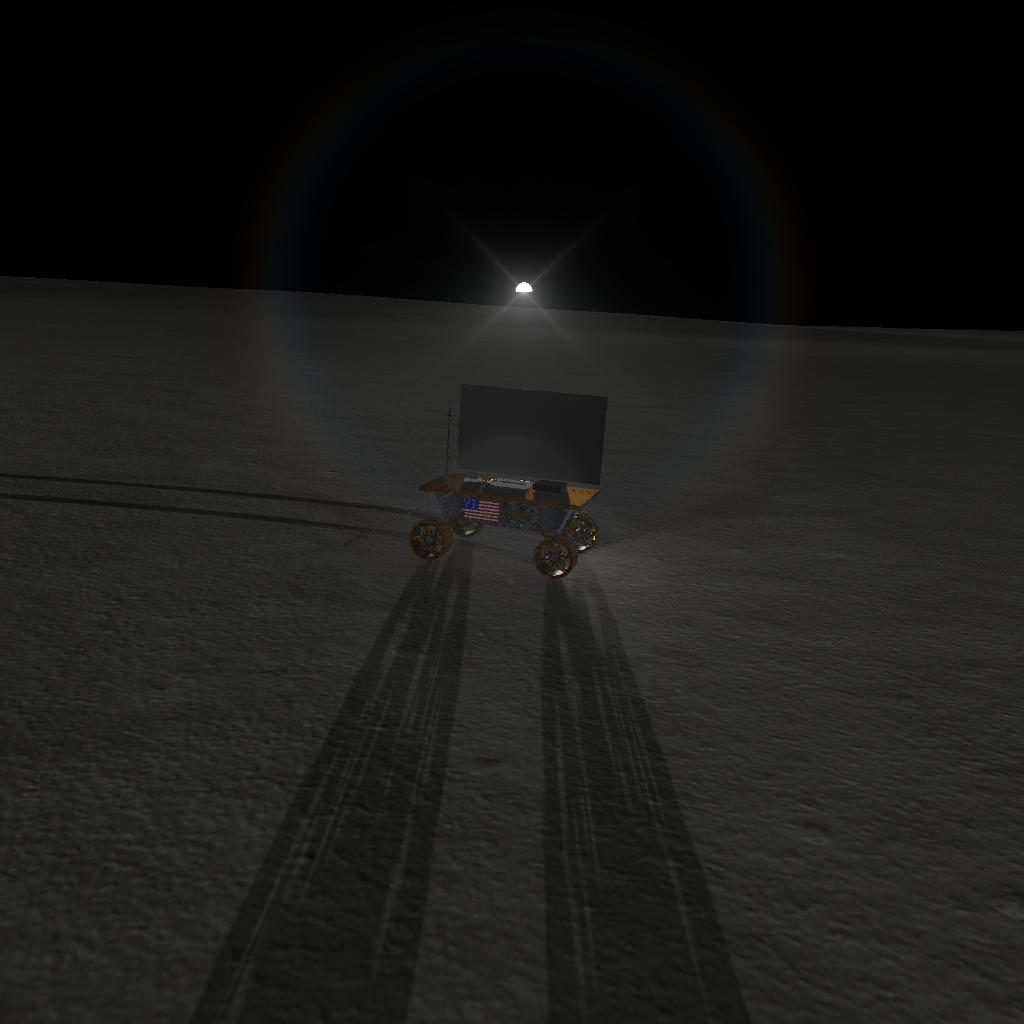
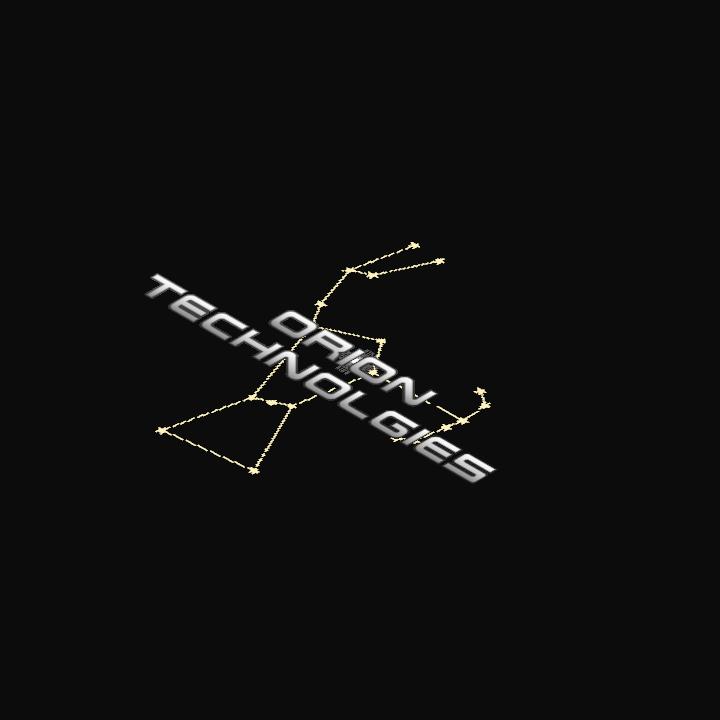
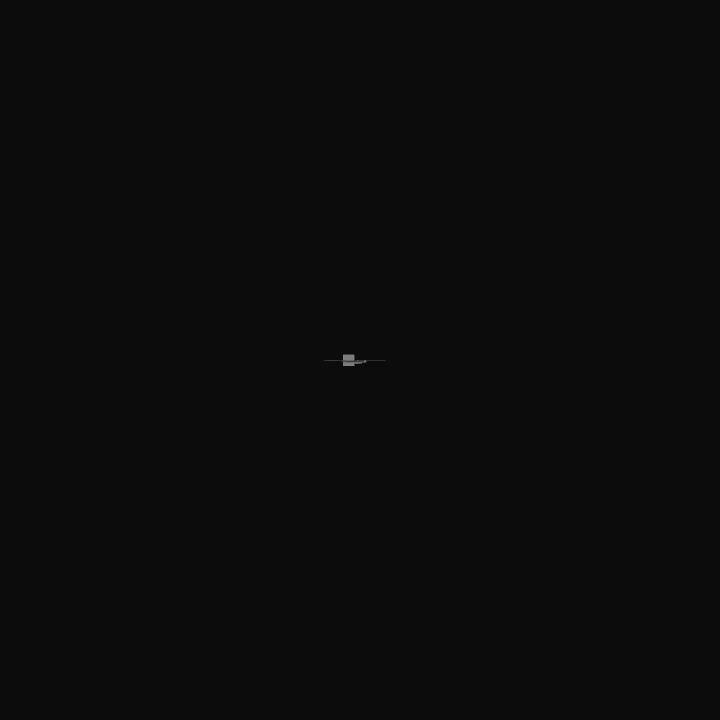

We apologise for any harm caused by his comments and actions.